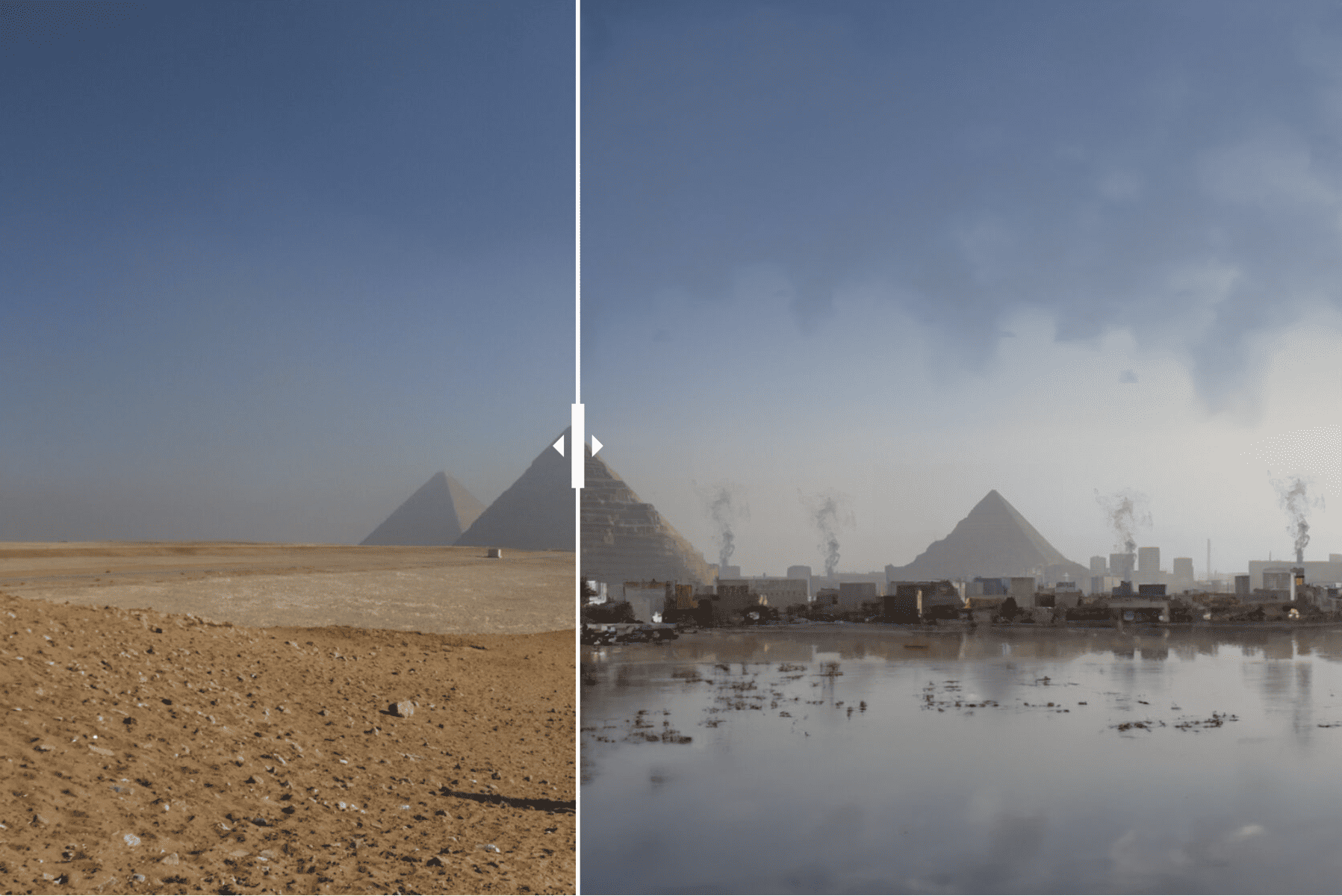DiscoverCars.com worked with an environmental specialist to determine the potential changes to destinations and road conditions within the next 27 years.
Climate change is one of the most serious issues we are facing today. Already, glaciers in the Arctic have begun to melt – increasing sea levels and causing mass-flooding in coastal areas. Additionally, many countries continue to record their hottest summer year after year, highlighting the constant temperature increase.
For many travelers utilizing their car to sightsee on a road trip adventure, this could mean that the sights they hope to see could soon look very different – or potentially cease to exist entirely. To find out more about the impact climate change could have on popular road trip destinations, DiscoverCars.com have worked alongside environmental specialist Marish Cuenca to analyze how 10 locations across each continent could look by 2050.
Commenting on the research, Aleksandrs Buraks at DiscoverCars.com said: “Many travelers dream of a road trip, offering them a unique perspective on some of their dream locations with the opportunity to take in amazing sights along the way. But sadly, the reality is that – for many popular destinations – their time is limited due to the current rate of global warming.
“By working with an environmental expert, we were interested to find out just how these locations could be impacted – and the results are really quite concerning for many. However, we also wanted to provide some optimism that it’s never too late to help make a difference.”
Using information from the environmental specialist and sustainability analyst Marish Cuenca, DiscoverCars.com looked at tourist hot-spots in each continent and analyzed how these locations could be affected by natural disasters, such as flooding, storms, acid rain, erosion, and more.

The insightful and shocking report contains interactive images with sliders, allowing readers to explore how these iconic destinations could look by 2050, as shown in the examples below:
These images show the effects that climate change could have on London, United Kingdom and Greater Cairo, Egypt – with both showcasing drastically different landscapes to those currently associated with the destinations.
The research found that iconic city locations such as London, UK and New York City, USA could be almost entirely submerged by 2050 – as annually rising sea levels continue to place a strain on coastal areas and riverbanks.
Meanwhile, islands such as Japan’s Okinawa Island could be set to become fully underwater, as sea levels are expected to rise by up to 1 meter by the end of the century. This could mean that the island paradise, along with its iconic Kaichu Road, could sadly no longer exist within the next 30 years.
Flooding is a major concern for many of the locations included in the research, with Manila (Philippines), Kolkata (India), and California (USA) also set to see significant land loss due to increasing sea levels as a result of melting ice caps.
But flooding wasn’t the only threat covered in the research, with the report also finding that Hawaii, USA could be set to see increased volcanic activity – causing lava flows to spew onto the roads – and earthquakes that leave road surfaces cracked and unstable.
Additionally, the Greater Cairo region in Egypt could be subjected to acid rain – which, although unable to harm human skin, could cause significant damage to the famous Pyramids of Giza that are located there.
Although climate change is undoubtedly having a significant impact across the world, DiscoverCars.com also reiterated the importance of taking action – no matter how small – to cut your carbon footprint while traveling.
They also shared some simple tips to help travelers cut their carbon emissions during a road trip, including:
- Maintaining a maximum speed of 65 mph
- Keeping an appropriate tire pressure
- Avoiding oversized vehicles unless necessary.

